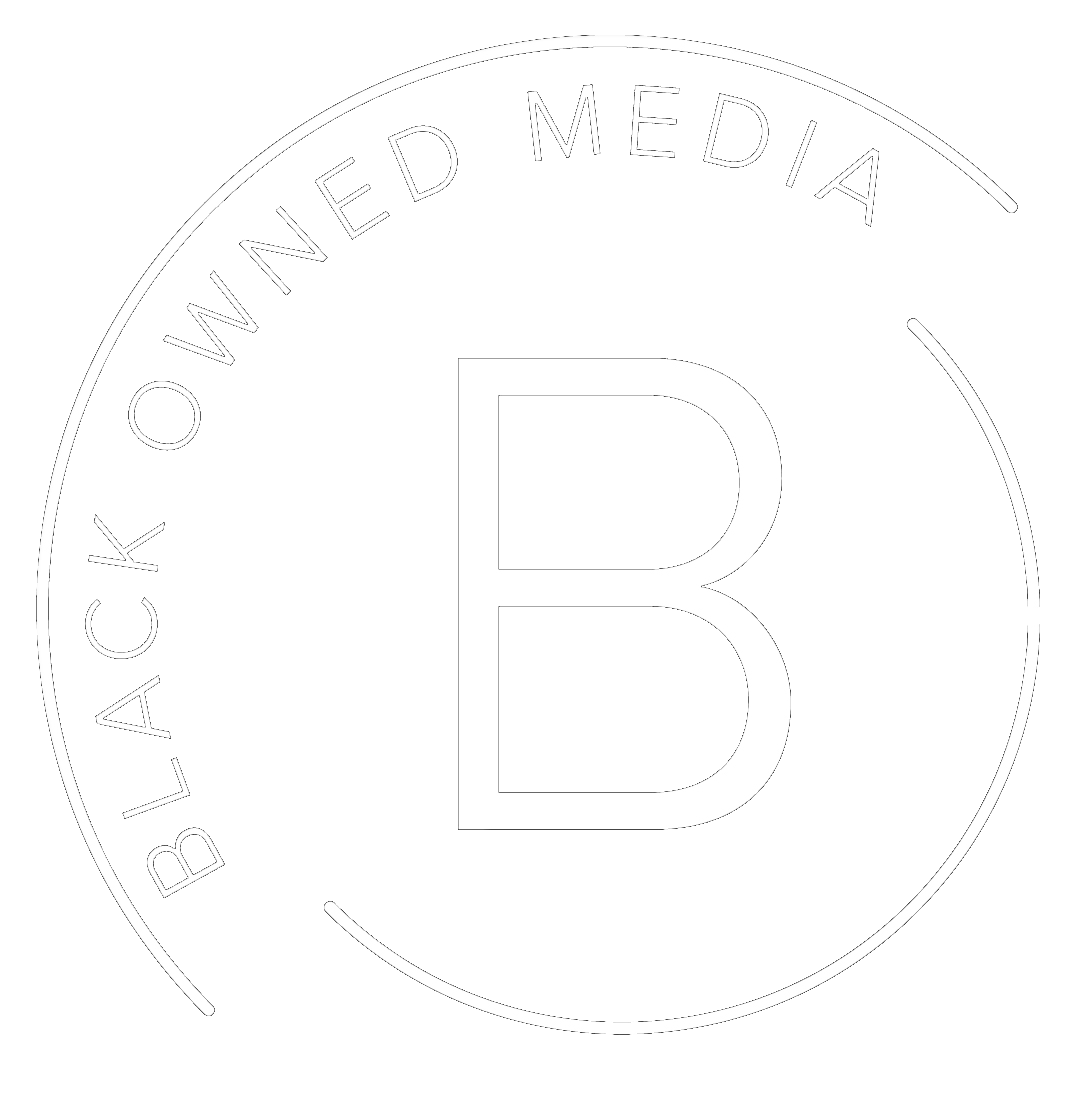If you’re into rock, RBC Bluesfest 2018 had some iconic names – Bryan Adams, Foo Fighters, and Dave Matthews Band. There were major lineups. People were buzzing. Meanwhile, if you’re into urban music, not so much after three years of being spoiled with the likes of Kanye West, Nas, Chance the Rapper, 50 Cent and Migos. It’s not to say that Rae Sremmurd, Ghostface Killah, Machine Gun Kelly, and Naughty By Nature aren’t icons as well, but you get my point. Perhaps it was in response to last year’s near riot during the Migos concert (which would show fans why they need to behave themselves).
For me, the big story this year wasn’t the headliners but the depth of local talent. Aside from Amos the Transparent and The Peptides, who I unfortunately wasn’t able to see, Bluesfest 2018 also featured City Fidelia, Hevve, Morris Ogbowu, Black Iri$h, Cody Coyote, Aspects and Rita Carter, Tapas featuring Missing LinX, Roland Prince, and of course, Elijah Woods x Jamie Fine.
What was impressive wasn’t only the quality of the performances, but the camaraderie between the artists. They went to each other’s shows. They cheered each other on. In speaking to one artist he said he hoped Ottawa would develop a Chicago type of music scene where artists collaborate and use the same studios.
In a conversation with another artist I explained that Ottawa reminded me of Toronto in the 90’s. For a while we didn’t appreciate Toronto music, until the mid to late 90’s and the rise of Choclair, Kardinal Offishall and Baby Blue Soundcrew. That’s when we bought in and started to believe that Toronto music was good.
Just like Toronto in the 90’s or Atlanta today, cities get on the music map when networked artists get together and collaborate- singers, rappers, songwriters, musicians, music producers and music video makers. This is the kind of talent that was hanging around this year at Bluesfest and it was encouraging to see. Someone I know visited Ottawa from Los Angeles a few years ago and said they could see Ottawa developing a Seattle type of music scene. After Bluesfest, that doesn’t seem that far off.
At these kinds of festivals it’s easy to treat local artists like a charity case, but I believe that over time local artists will become more of a draw. I’d love to see the day when a local artist who came up through the Ottawa ecosystem headlines on the big stage, not just because they’re local, but because they’re that good and that successful. At least that should be the goal.





